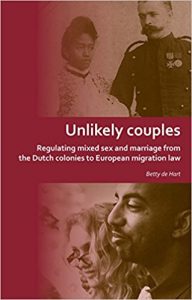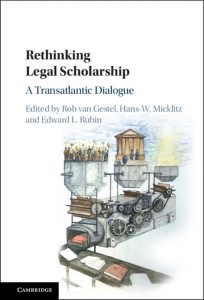Wednesday, 28 February 2018, from 2pm to 4pm, Porthania P545 (Faculty room).
The rising tide of household debt across Europe has wide and far-reaching effects, re-shaping relationships, families and whole communities. This talk discusses the work done by UK advice agencies in managing and challenging household debts. It considers first the emotional labour involved in explaining legal frameworks of debt with reference to the Foucault’s work on ‘parrhesia’, and second the broader role in enabling access to otherwise exclusionary legal frameworks as a form of legal ‘commoning’. Yet the talk describes also how these legal, regulatory and advice frameworks remain tied to a ‘disciplinary’ structuring of time that is both out of step with spending patterns and the temporal projections of the credit industry. Drawing on the concept of ‘speculative time’, the paper describes how credit is specifically sold as a disruption of the disciplined life, and how legal activism and critical legal studies must adapt to the changing landscapes of debt and finance under neoliberalism.
The seminar is organized by the disciplinary cluster General Jurisprudential Studies. For further information, please contact Dr Susanna Lindroos-Hovinheimo (susanna.lindroos(a)helsinki.fi).
***
 Dr Samuel Kirwan is Leverhulme Early Career Research Fellow at the Department of Sociology, University of Warwick, UK. He is currently working on a project entitled ‘A Sociology of Everyday Indebtedness’. The project investigates how households deal with and experience different debts, with a particular focus upon the growing problem of ‘priority’ debts, namely Council Tax and rent arrears, understandings of the Debt Relief Order and other insolvency measures, and how debt shapes familial and social relations.
Dr Samuel Kirwan is Leverhulme Early Career Research Fellow at the Department of Sociology, University of Warwick, UK. He is currently working on a project entitled ‘A Sociology of Everyday Indebtedness’. The project investigates how households deal with and experience different debts, with a particular focus upon the growing problem of ‘priority’ debts, namely Council Tax and rent arrears, understandings of the Debt Relief Order and other insolvency measures, and how debt shapes familial and social relations.
Before Warwick Dr Kirwan worked at the University of Bristol on the ‘New Sites of Legal Consciousness’ Project, looking at the work and experience of advisers with the Citizens Advice Service.



